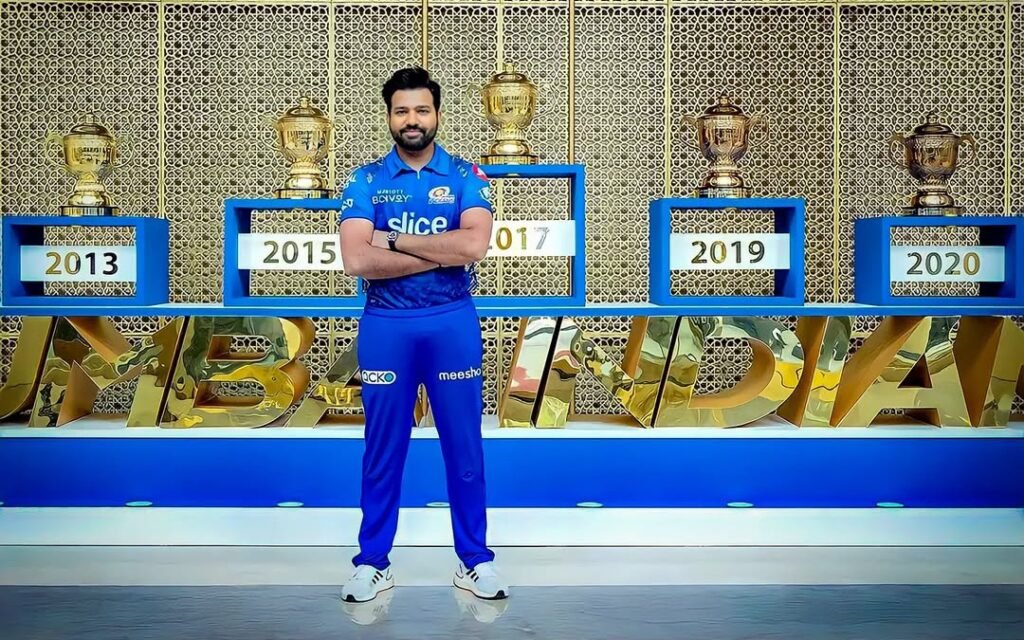
Rohit Sharma, one of India’s most respected cricketing minds and a modern-day legend, has always been known not only for his brilliance with the bat but also for his calm, thoughtful approach to leadership. In a recent statement, Rohit offered a piece of advice that reflects his grounded personality and deep understanding of the game. His words — “Be true to yourself, don’t change yourself. You stay the person you are, you can’t change. And be present there as a player first, and then you think about captaincy” — carry significance not just for aspiring leaders but for every young player stepping into the complex world of international cricket.
Rohit’s message underlines an essential truth often overlooked in the pressure-filled atmosphere of modern cricket — authenticity matters. As players rise through the ranks, the temptation to mold themselves to external expectations can be strong. But according to Rohit, retaining one’s original character, values, and mindset is vital, both for individual growth and team harmony. His emphasis on “being true to yourself” is a reminder that success in sport doesn’t come from pretending to be someone else. Instead, it grows from staying grounded and playing with the same passion and honesty that led to one’s selection in the first place.
This mindset is particularly important in the context of leadership. In cricket, captains are not just strategists — they are symbols of the team’s ethos. Rohit’s philosophy seems to reject the idea of putting on a different face just because of a leadership title. By urging players to “be present there as a player first,” he’s emphasizing that captaincy should not alienate someone from the core of the game. At its heart, cricket is about performing on the field, being part of a team, and contributing as a player. Only then, he suggests, should one transition mentally into the leadership role, once their individual game is settled and respected.
Rohit’s calm and composed captaincy style has often been praised, especially in contrast to more aggressive or flamboyant approaches. His ability to remain unflustered under pressure is likely rooted in the very mindset he’s now advocating for. By not allowing the tag of captain to override his identity as a cricketer, he has managed to strike a balance between leading the side and playing with freedom. This balance, according to him, is what emerging players and future captains should strive for.
His advice is particularly relevant in today’s age, where young players are thrust into the limelight and leadership responsibilities at an early stage. The modern cricketing landscape is a whirlwind of social media, intense scrutiny, and commercial pressures — all of which can easily lead to a loss of self. Rohit’s words act as a grounding force, urging players to find stability within themselves before taking on the weight of guiding others.
Over the years, Rohit Sharma has evolved into a respected voice in the cricketing fraternity, not just for his skill but for his wisdom. His emphasis on authenticity, patience, and understanding one’s role before embracing captaincy reveals the mindset of someone who has grown through experience. For the next generation of Indian cricketers — and cricketers around the world — his words serve as a quiet but powerful guide to navigating both the game and the responsibilities that come with it.

